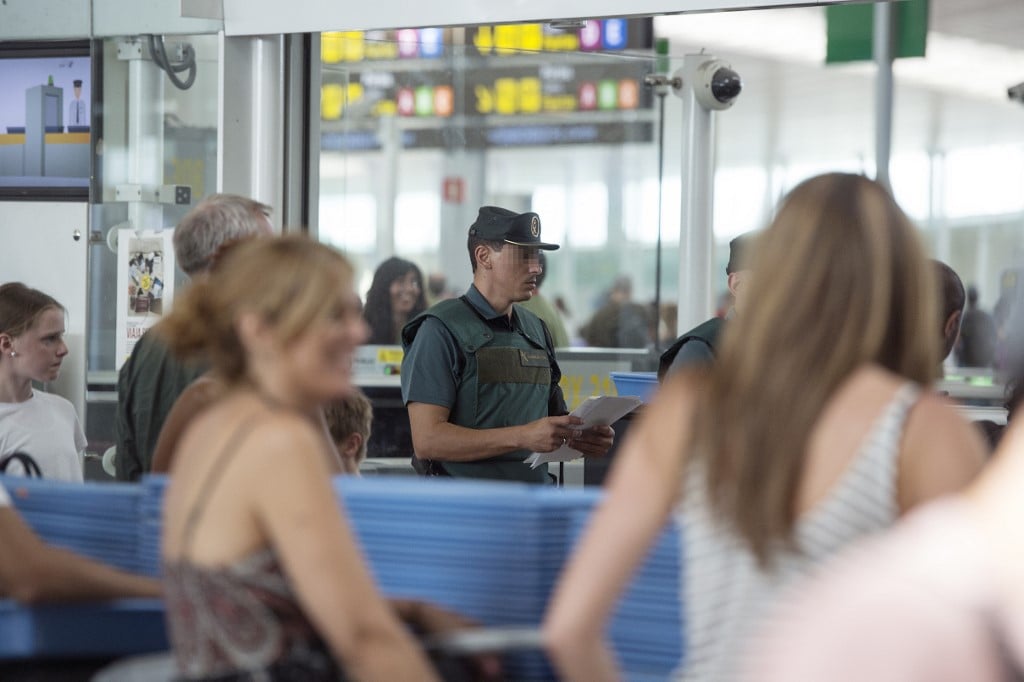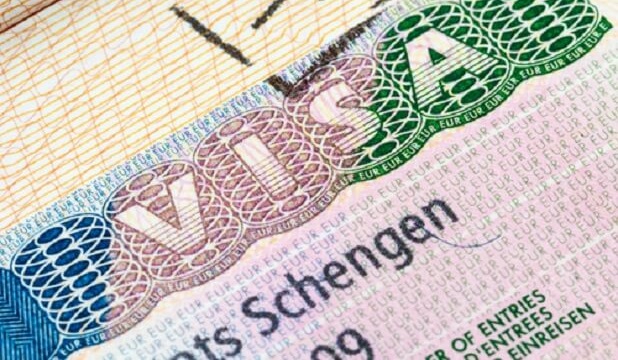Brexit has complicated life for Britons looking to come to Spain for any number of reasons: a holiday, spending time in their second home, business, residency, retirement or otherwise.
For those living in Spain before December 31 2020, applying for the TIE residency card is their only option if they wish to stay past 90 days and they haven’t registered before.
READ MORE: How Britons can apply for Spain’s TIE residency card
But UK nationals who are not residents in Spain have to factor in that they may need a visa to visit Spain for both long and short periods.
Will Britons need a visa for a short visit to Spain?
The Spanish government is yet to publish a specific list of visa requirements for Britons wanting to come to Spain after Brexit, which means that until then, the rules that apply to other third-country nationals also technically apply to Britons, although many non-EU nations are exempt from Schengen short-stay visas for now.
Currently, non-resident Britons cannot visit Spain due to the travel ban for non-EU nationals as part of the bloc’s coronavirus restrictions, which further complicates the situation.
However, once Covid restrictions end, there are a couple of situations that could play out:
– Spain won't require a visa for British tourists to visit. This is the current deal under the Withdrawal Agreement and seeing how reliant the country is on tourism (more than 18 million Britons visited Spain in 2019), the government is likely to do whatever it takes to restore the backbone of Spain’s economy by ensuring easy holiday travel for Britons.
– However, Britons may have to apply for an ETIAS visa waiver by the end of 2022 as is being currently reported. This would be a simplified online system which enables Britons to renew their visa waivers for the Schengen Area with less hassle and paperwork (ETIAS waivers will be valid for three years). All the non-EU countries that are currently exempt for Schengen visas for short stays would also have to apply.
Both options would be subject to the 90 out of 180 days rule that applies to non-EU nationals visiting the Schengen Area, constituting a short stay according to Member States’ rules.
This may be subject to future reciprocal tourism agreements with the UK but Sánchez’s government is unlikely to turn its back on British tourists and second home owners and the option of bilateral agreements can't be ruled out.
The UK's government website also offers the latest information on travel to the EU for UK nationals.
 Photo: AFP
Photo: AFP
What if I’m a UK national wanting to go on a business trip to Spain?
This will again be decided by future bilateral agreements relating to freedom of movement of Britons in Spain for business trips but also transit, au pair work and visits from an EU/EEA spouse, with all visits of a maximum of 90 days under the Schengen Area’s short-stay visa system.
There is currently a Schengen short-stay business visa system for many non-EU nationals who have to have an interview at the Spanish consulate of their country, show proof of financial means, fill in an application form and pay from €35 to €80 in fees. They also require a letter of invitation from the company which they will be doing business with.
Will Britons need a visa to spend more than 90 out of 180 days in Spain?
In this case, the answer is currently yes, as the end of freedom of movement between the UK and the EU effectively ends any long stays on either side without a visa.
UK citizens wishing to move to Spain for the first time from 2021 have to apply for one of the long-term visas available, before they leave for Spain.
Student visa: You can apply for this visa if you enrol on a Spanish higher education course, but it’s only valid for your time of study (and sometimes has to be renewed before that). You will need proof of financial means and health insurance. The years spent in Spain as a student only count as half towards the years for you to get permanent residency (so if you studied for four years, only two will count towards your residency).
Entrepreneurship visa: Also known as the investment visa, it will require a UK national to invest at least €2 million in Spanish government bonds or buy at least €1 million in Spanish companies’ shares or bank deposits at Spanish financial institutions. Alternatively, they have to start a business project in Spain that is considered of general interest ie. creating jobs, have a relevant socio-economic impact or make a significant contribution to scientific innovation and/or technology.
Golden visa: British people can get residency if they buy real estate in Spain to the value of at least €500,000, per applicant. Find out more here.
Non-lucrative residence visa: the best option for retirees looking to move to Spain, or anyone who can afford it. An applicant must show they have €25,816 at their disposal for one year (€32,270 if it’s a couple), comprehensive health insurance and not work while residing in Spain among other requirements.
Family member of an EU citizen visa: If you’re the spouse or family member of a Spaniard or EU citizen, the road towards getting residency in Spain will be fairly straightforward as long as they can prove they have the means to take care of you.
Work visa: Non-EU applicants have to be highly-skilled employees that fall under the EU’s ‘Shortage Occupation’ list, therefore the employer has to apply for your work visa and prove that there are no suitable EU candidates available for the job.
UK citizens can also apply to be self-employed workers in Spain but as non-EU nationals they have to prove their venture in Spain will be financially viable as well as present a complex business plan which needs to be approved by five institutions. Find out more: how Britons can live and work in Spain after Brexit
Family regrouping visa: British or other non-EU residents in Spain who are in possession of a valid work or residency permit can bring over their parents, children or spouses if they’ve been in the country for more than a year and they can prove that the applicants are financially dependent on them.



 Please whitelist us to continue reading.
Please whitelist us to continue reading.
Is there a visa appropriate for tennis players who wish to train and compete around Spain and the rest if the EU for more than 90 days out of 180, but less than 180 days a year total? In other words, not amounting to residency in any one country.